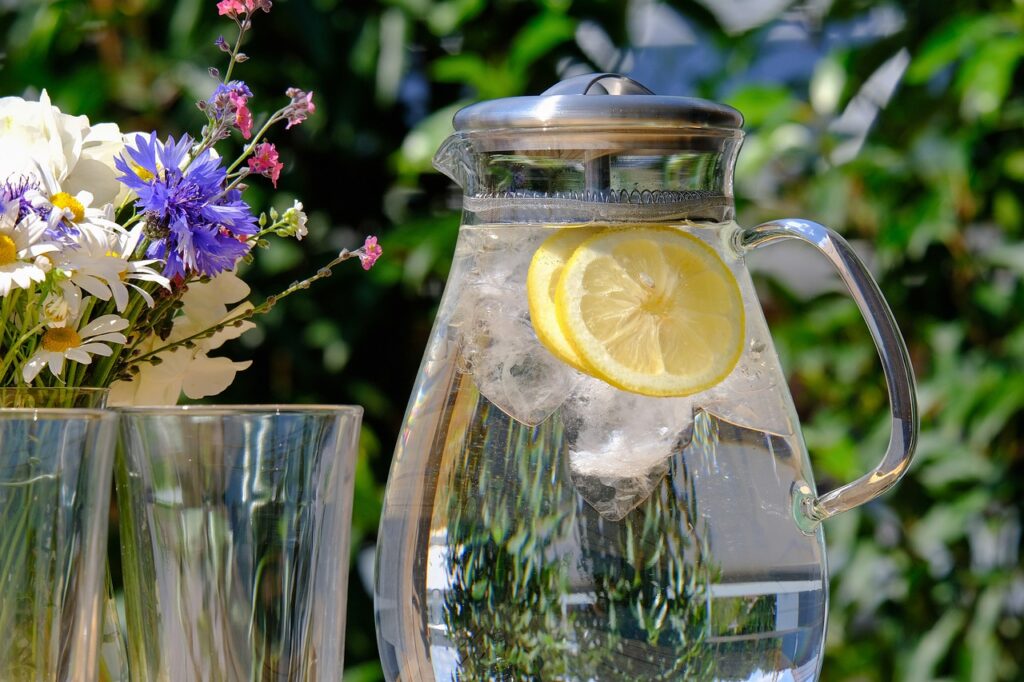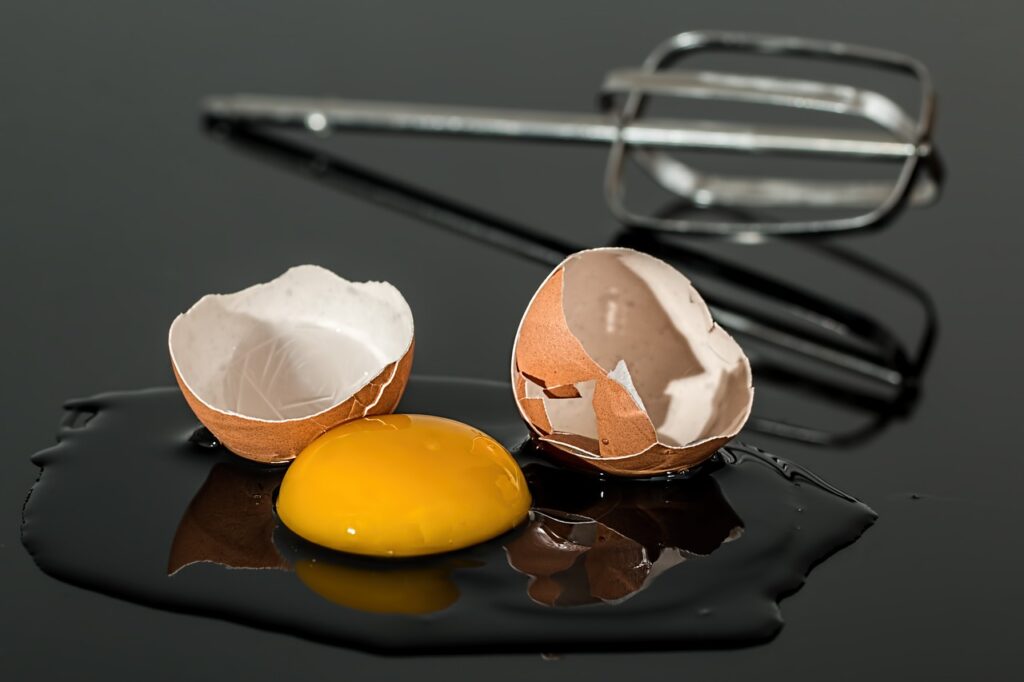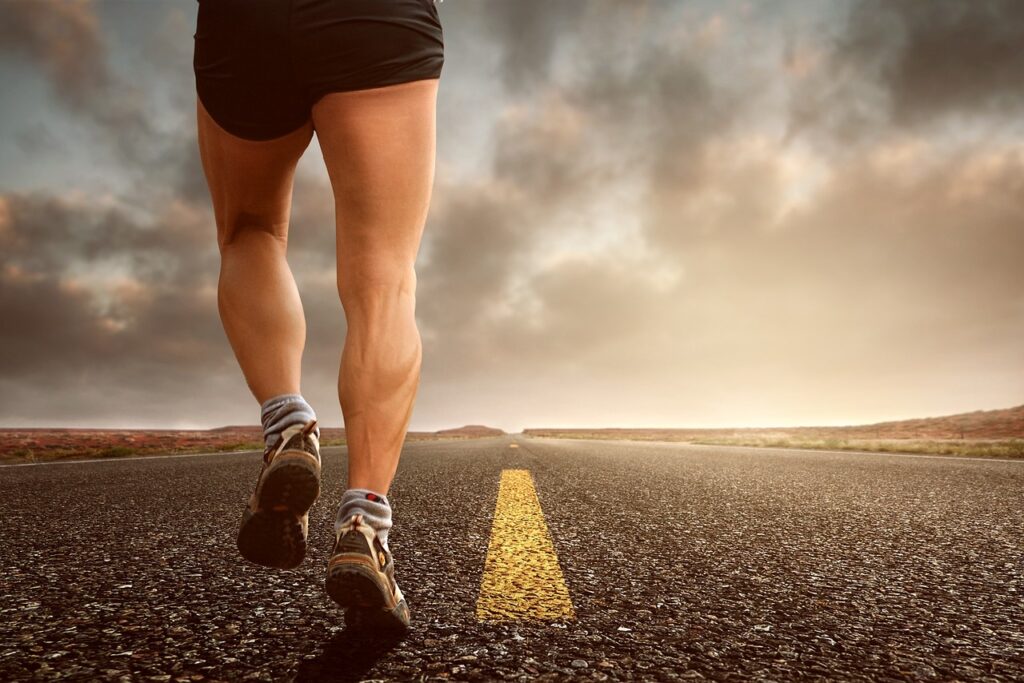Table of Contents
The Importance of Hydration for Your Health and Well-being
Hydration is a critical component of maintaining good health and well-being in both the short and long term.
Your body depends on water to regulate its temperature, transport nutrients, remove waste products, cushion joints, protect organs, and keep tissues lubricated. Every cell in your body needs water to function properly. Without adequate hydration, your body can’t perform these essential tasks effectively or efficiently.
The benefits of proper hydration include:
- Improved physical performance: When you’re properly hydrated, your muscles work better. You’ll have more strength, power and endurance during exercise or sports activities.
- Better cognitive function: Water helps improve blood flow to the brain which boosts concentration levels and mental alertness. Staying hydrated can also help prevent headaches caused by dehydration.
- Healthy digestion: Drinking enough fluids helps keep things moving smoothly through your digestive system. Water plays a crucial role in preventing constipation too!
- Lovely skin: Adequate hydration keeps the skin looking fresh as it flushes out toxins from the cells leaving them plump and healthy-looking rather than dry & flakey!
- Maintaining kidney health: Kidneys filter waste materials from food & liquids we consume so they need an abundant supply of fluids flowing through them for optimal functioning- urine colour is also a good indicator for knowing whether you’re drinking enough!
All these benefits stress how much drinking water matters not only when working out but day-to-day life It’s important always be aware of how much fluid intake one has consumed throughout the day given that everyone has different requirements depending on their age weight height etc Listen up to what our bodies are telling us, thirst isn’t the only clue we need to drink water!
Dehydration can lead to serious health problems.
When your body loses more fluid than it takes in, dehydration sets in. Mild dehydration can cause symptoms like dry mouth, fatigue and headache. Severe dehydration requires immediate medical attention as it could result in hospitalization or even death especially for young children and older adults who are at a greater risk of being dehydrated.
Understanding the Different Types of Fluids to Stay Hydrated
When it comes to staying hydrated, drinking water is always the best choice. However, there are many other fluids that can also help keep you hydrated throughout the day.
1. Water: It goes without saying that plain water is the most effective fluid for hydration. Drinking plenty of water each day helps replenish fluids lost through sweating and urination.
2. Coconut Water: This popular tropical drink has gained popularity in recent years as a natural electrolyte replacement beverage due to its high potassium content. It’s perfect for post-workout recovery or on hot summer days when you need an extra boost of hydration.
3. Milk: While milk may not be a typical go-to option for hydration, it contains electrolytes like calcium, magnesium and potassium which makes it a great way to rehydrate after exercising or playing sports.
Note: If you’re lactose intolerant or vegan, you can opt for plant-based milks such as almond milk or soy milk which contain similar levels of key nutrients important for hydrating your body
4. Fruit Juice:Fruit juices provide excellent sources of vitamins and minerals while keeping your body hydrated at the same time.Fresh fruit juice provides vitamin C ,potassium,magnesium & sodium all crucial nutrients necessary to combat dehydration.However,focused should be given towards fresh squeezed juices than processed ones.Because processed one usually have unnatural additives like sugar,sodium,preservatives etc that could do more harm than good with regard to overall health especially relating to weight.
In conclusion,it’s essential to know what types of fluids contribute positively to your hydration and what substances should be avoided.However,it’s important to note that some hydrating fluids come with added sugars,caffeine or alcohol which can induce dehydration even further thereby defeating the purpose.It is highly recommended to track daily consumption of water & key nutrients in order to achieve optimal health .
How Much Water Do You Really Need? Tips to Keep Track of Daily Intake
Water is essential for life, and staying hydrated is important for maintaining optimal health. But how much water do you really need to drink every day?
The answer varies depending on a number of factors, including your age, gender, weight, activity level and climate. However, a general guideline is to drink at least eight glasses (64 ounces) of water daily.
To keep track of your daily intake and ensure you are meeting this goal:
- Invest in a reusable water bottle: This will help you monitor the amount of water you are drinking throughout the day. Choose one with measurements or markings on it that show volume.
- Create a hydration schedule: Plan when and how much water you should be drinking throughout the day based on your personal needs. Set reminders if necessary.
- Add flavor to your water: If plain water isn’t appealing to you, add fresh fruits or cucumbers for added taste without any artificial sweeteners or calories.
- Eat hydrating foods: Many fruits and vegetables have high-water content such as melons (watermelon), berries (strawberries), citrus fruits like oranges & lemons etc., cucumber etc can often provide additional hydration along with providing nutrition benefits
If these tips don’t seem enough but seem overwhelming or difficult then try breaking up goals into more manageable smaller steps which could eventually become new habits over time!
Healthy Hydration Habits: Best Practices to Maintain Optimal Performance
Hydration is crucial for optimal physical and mental performance. Whether you are an athlete, a busy professional, or simply someone who leads an active lifestyle, it’s important to maintain healthy hydration habits to keep your body running smoothly.
The following are some best practices you can follow to stay optimally hydrated:
1. Drink water regularly:
Drinking water throughout the day is essential to ensure that your body stays hydrated. Keep a bottle of water handy at all times and take sips frequently.
2. Hydrate before exercise:
It’s always important to start hydrating before you begin any physical activity, especially if it’s intense or lasts for more than an hour.
3. Replenish fluids after exercise:
Your body loses fluids when you sweat during exercise, so it’s important to replenish them afterward by drinking plenty of water and consuming foods with high water content like fruits and vegetables.
4. Avoid sugary drinks:
Sugary drinks such as soda, energy drinks, fruit juices may quench your thirst temporarily but they do not provide sustained hydration because the sugar content depletes fluid levels in the body through increased urination. Stick with plain or infused waters instead!
B
A simple way to check whether you’re adequately hydrated is by monitoring the color of your urine – Clear/light yellow signifies adequate rehydration whereas dark yellow/brown means dehydration caused due lower fluid intake
.
B
Foods rich in sodium (tomatoes), potassium(bananas) & magnesium(spinach,kale) promote better retention of fluid in tissues
By incorporating these habits into your daily routine, you can maintain optimal hydration and enjoy better performance throughout the day.
Boosting Your Water Intake with Yummy Beverages and Foods That Help To Rehydrate
While drinking water is the most direct way to hydrate your body, it can sometimes feel dull and boring. Luckily, there are many delicious alternatives that can make staying hydrated a fun experience.
Juices made from fruits like watermelon, oranges, lemons or grapefruits are high in water content and will help quench thirst while offering additional vitamins and minerals. Coconut water is another popular drink that’s low-calorie yet super refreshing as it’s packed with essential electrolytes such as potassium and sodium to restore hydration balance quickly.
If you’re looking for something warm instead of cold-infused beverages, try herbal teas; they offer tons of benefits besides keeping you hydrated during chilly weather. Chamomile tea at night calms dehydration-related stress while ginger tea soothes stomach issues when consumed hot or cold.
Apart from drinks, plenty of foods contain lots of liquid which helps boost our daily intake without us even thinking about it! Soup-based dishes like clear broth soups or gazpachos (a Spanish chilled soup) all add up to your daily fluid intake count. Fruits such as cucumbers, strawberries and melons have high-water content too so having them sliced fresh in salads not only satisfies cravings but also keeps skin glowing!
Tip:
Set reminders on your phone throughout the day encouraging sips every hour – before long hitting eight cups will be no problem at all!
Common Mistakes That Can Lead to Dehydration – Signs and Symptoms You Should Never Ignore
Dehydration occurs when your body loses more fluids than it takes in. It can cause a wide range of symptoms, from mild to severe, and may even be life-threatening in extreme cases.
One of the most common mistakes that lead to dehydration is not drinking enough water. When you’re thirsty, it’s a sign that your body already needs more fluids; therefore, you should drink regularly throughout the day, especially if you are physically active or in warm climates.
Prolonged physical activity without taking any hydration breaks can also increase your chances of becoming dehydrated. Sweating removes fluid from your body; thus replenishing with an adequate amount of liquids is essential during exercise routines.
Certain medications such as diuretics used for treating heart conditions or high blood pressure can accelerate fluid loss as well. Keep track of the possible side effects on medication labels and consult with medical professionals or pharmacists before usage if necessary.
In addition, certain health conditions like uncontrolled diabetes or illnesses resulting in diarrhea and vomiting significantly increase fluid losses leaving patients with higher risk for dehydration episodes under circumstances where they require intensive self-care measures taken so that debilitating consequences do not result from losing too much bodily fluids too quickly.Babies, young children,, elderly adults and people living with chronic diseases are particularly prone to suffering from complications related to inadequate hydration levels due to their unique physiological requirements respectively. .Lack of sleep can also decrease one’s ability to sense thirst signals which could ultimately leave them vulnerable towards developing signs/symptoms commonly associated with dehydration over time while consuming sugary beverages or alcohol, which can drain the body of fluids in addition to causing dehydration.
Signs and symptoms that you may be experiencing dehydration include:
- Dry mouth or throat
- Extreme thirst
- Lethargy/Weakness/Fatigue/Dizziness .
- Headache .
Though severe cases have been indicated to cause seizures among other neurological complications.
- No urination for an extended period of time (6 hours or more).
This is particularly true if one has had ample fluid intake before exercising as well.
If you experience any of these symptoms, it’s essential to take measures to re-hydrate immediately. Drinking water should really be a natural reflex whenever our bodies need it though sometimes we forget amidst busy schedules fulfilling work/personal obligations; therefore carrying around reminders such as hydration trackers or infuser bottles could serve useful toward increasing awareness towards proper fluid intake over time.




